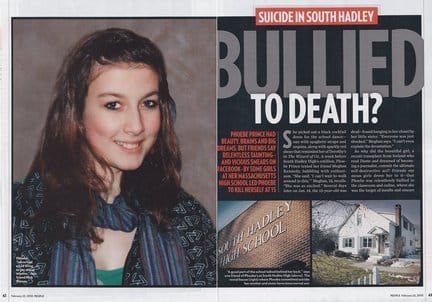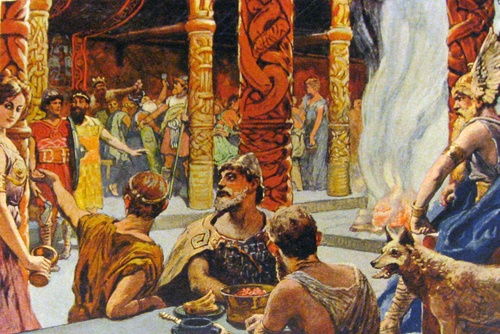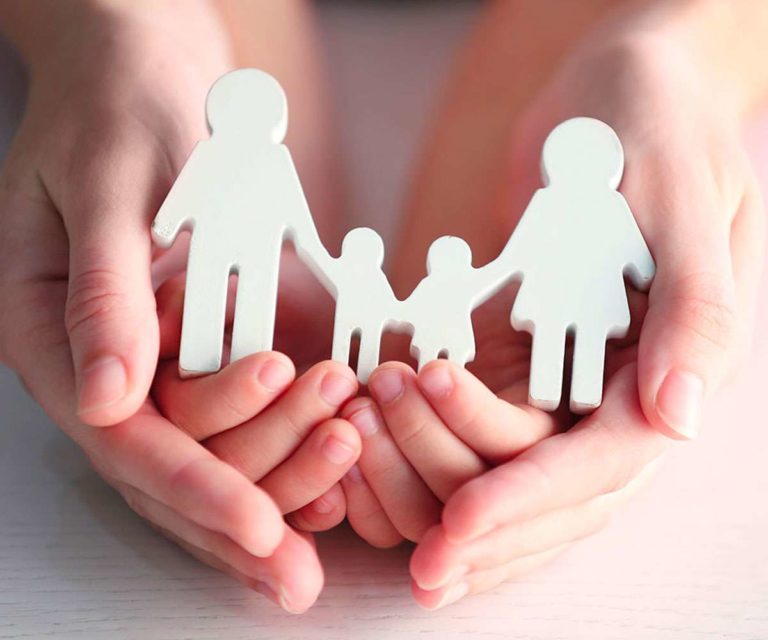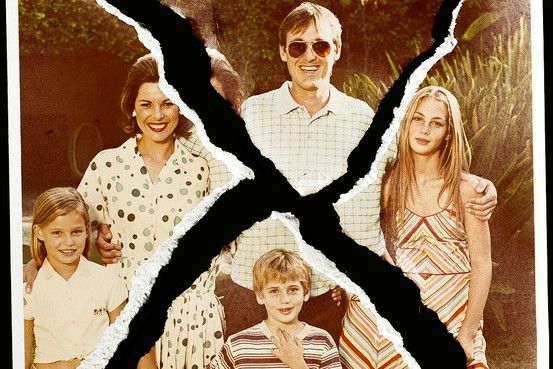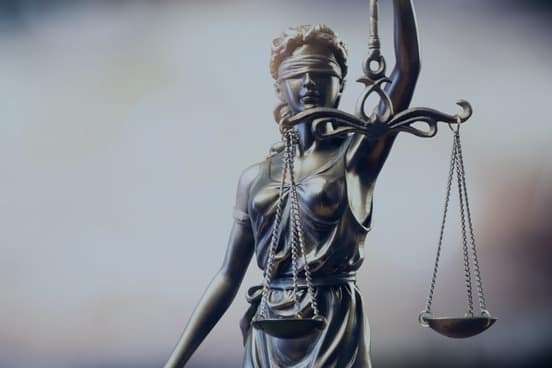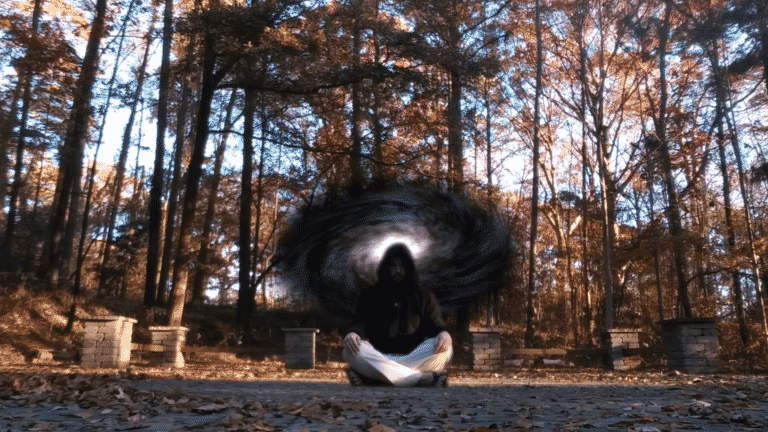Generation Z and the Issue of Cyberbullying
Cyberbullying is an issue greatly affecting Generation Z, loosely defined as the generation born between 1995 and 2013. For the most part, these are the kids in high school and middle school today, and from a millennial perspective, the people roughly aged to be your younger brothers and sisters. They have yet to enter the workforce in meaningful numbers, so the onslaught of articles caricaturing them, as happened to millennials, has yet to emerge. They’re known to be the most conservative young generation in history and defined by the fact that they’re the first generation to never know a world without the internet. Social media, to them, is a natural, not adopted, phenomenon. In terms of the internet, they are the Bane to our Batman.
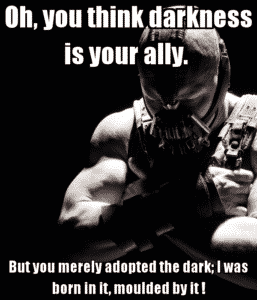
As such, they’re facing unique issues for which there are no legal or cultural precedents. Highest among them is an epidemic of cyberbullying, leading to a rash of suicides and a response that is as tepid as it is uninformed. Many noble people, but not enough, have dedicated themselves to solving this difficult issue. And it is difficult, because never before in the world has an authority figure had to cross swords with this foe, and the people with the authority to help do not have the innate understanding of how to fully utilize the darkest sides of social media to cause havoc that many of these kids do. In a lot of ways, they’re on their own when it comes to cyberbullying.
Some of us have experienced cyberbullying, but for most of us who can empathize, we were adults by the time we were exposed, and what we saw was only the tip of the iceberg. I remember a time 7 years ago when I emailed a prominent speaker asking if I could join in their symposium, and she posted my message to 100k+ of her Twitter followers who harassed me for days through every online avenue they could find — my email, twitter, facebook, you name it. Eventually it died down, and the whole thing seemed so detached from my reality that it didn’t affect me much, but through that experience I can understand the sting that can be felt by a lot of these kids.
Imagine a world where the popular kid who mocks you in class has an unlimited and private line of communication with you — open at all times, and never able to be turned off without committing social suicide. That’s the world of cyberbullying. At all hours of the day and night, they can send you harassing, threatening or mocking messages through any avenue they can find. They can catfish you. They can publicly shame you. They can sic adults on you. They can rally not just their popular friends at school to come at you, but tens, hundreds of thousands of people in vast networks of meanspirited bullies. They can hack you and expose your embarrassing private messages to the world. Imagine the plot of Carrie times millions.
Ryan Halligan – Ryan Halligan was a special education student who was the victim of a regular bully who spread rumors online that he was gay. As a part of his harassment, he conscripted a popular female friend to befriend Ryan and pretend to be romantically interested in him. Using his trust against him, she had him tell her embarrassing personal stories which she then shared with her friends to make him a public laughing stock. Ryan Halligan hanged himself soon after.
Tina Meier – In 2007, a neighbor of Tina Meier named Lori Drew pretended to be a popular boy online and befriended Tina. Once Lori gained Tina’s trust, she did a 180 and told Tina Meier “Everybody in O’Fallon knows who you are. You are a bad person and everybody hates you. Have a shitty rest of your life. The world would be a better place without you.” Following that, a small army of online harassers dogpiled her with disturbing taunts and messages. Tina was found hanged in her bathroom soon after, and died the next day.
Jessica Logan – Jessica sent a nude photo to her boyfriend who, after their breakup, distributed it to a network of hundreds of other kids online. The act destroyed Jessica’s reputation and left her vulnerable to unrelenting harassment at school. After attending the funeral of another classmate who had committed suicide, Jessica followed suit and ended her own life.
Tyler Clementi – In 2010, Tyler, a freshman at Rutgers University, confided in his roommate that he was gay. Tyler’s then-roommate filmed him kissing another boy and posted it as a topic of derision on his Twitter, where the roommate’s followers mocked and retweeted the ill-gotten footage. Tyler committed suicide by jumping off of the George Washington Bridge.
Amanda Todd – In 2012, an anonymous boy online talked Amanda into sharing a semi-nude photo of her. Using the photo, he began to viciously blackmail her, taunting her with distributing the photo online if she didn’t comply with his requests. Unable to see a way out, Amanda posted a viral video on YouTube about her bullying, hanging herself in her home just a few days later.
I would be shocked if cyberbullying didn’t become a major political issue over the course of this century — the newfound threat of widespread online fraud and social targeting, as well as the notion of the dark side of social media in general. Already social media is seen as an ineffective means to communicate that’s contributed to a constant outrage narrative, and part of that is at the hands of the system itself — with so much noise in terms of the volume of people’s opinions, opinions are necessarily more shallow in order to allow for them to be processed by the human brain, and a society that perhaps used to be convinced by coherence of thought more often pays attention to number of retweets in order to validate an idea. Quick, vitriolic criticism is often amplified and nuance and compassion are often subdued.
We should be concerned about these kids. For a real solution, they will need to confront this issue of cyberbullying themselves when they become adults, because we don’t have the depth of understanding about these platforms and this emerging issue that they do. But, until that day comes, we should have awareness about the environment that they’re facing. For many, it is a life or death situation. Yesterday, we saw an army of a hundred thousand or more dogpiling on an 18 year old girl over the dress she wore to prom, which I think is quite serious in the context of the stories I’ve just detailed here. Luckily this resilient young woman is fine, and supporters came to her defense, but we should ask ourselves as a society — even if you believe you have a point, what is there to be gained from getting the hundred thousandth shot in on someone you think made a mistake? The court of public opinion often prescribes a sentence that’s vastly disproportionate to the perceived ‘crime’.
Interested in this kind of content? Check out similar articles in the thoughts section.

